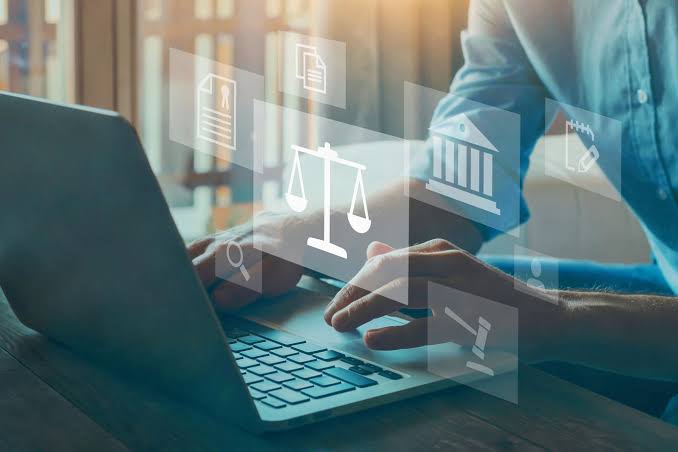The CEO of RobinAI, an AI-powered legal copilot, claims that although AI can automate monotonous work, users should still verify the results and not just accept them as finished.
According to Richard Robinson, CEO of AI legal copilot RobinAI, human rather than technological factors are the key to reducing the hazards associated with hallucinations. He underlined that these instruments should not be used by legal practitioners without the appropriate supervision.
While powerful, artificial intelligence (AI) isn’t a replacement for human traits like judgement, as Robinson stressed in a recent interview. Although it can automate repetitious operations, its output ought to be verified before being considered the finished product.
Artificial intelligence hallucinations are situations in which systems produce erroneous or erroneous results, interpretations, or forecasts. It draws attention to the possibility that AI algorithms may yield outcomes that deviate from reality or what was anticipated, which could result in mistakes or misunderstandings about how they should operate.
A technique to counter “AI hallucinations” was created in October by researchers from Tencent’s YouTu Lab and the University of Science and Technology of China.
Based on Anthropic’s Claude 2.1, the legal copilot, RobinAI, is a specialised AI tool taught to comprehend legal texts. The Singapore-based investment firm Temasek has led the $26 million Series B funding round for Robin AI, the business said on Wednesday.
According to the CEO, the company does not believe that artificial intelligence (AI) dehumanises legal services because their technology is focused on assisting lawyers, not taking their place. Robinson stated,
“ We called our company Robin (i.e., partner to Batman!) and called our product a copilot because we believe this technology is about complementing and supporting lawyers rather than replacing them.”
Robinson explained that Anthropic was selected as a launch partner over rival OpenAI because they believed their LLM’s features, like a wider context window, were more appropriate for examining lengthy and intricate legal papers.
Chief Justice John Roberts of the United States Supreme Court stated in the court’s year-end report released on December 31 that he believes artificial intelligence would “significantly” affect legal practice. Roberts claims that AI can “indisputably assist” the current legal system in advancing the objectives of using the Federal Rules of Civil Procedures to achieve the pursuit of “just, speedy, and inexpensive” case resolution.


